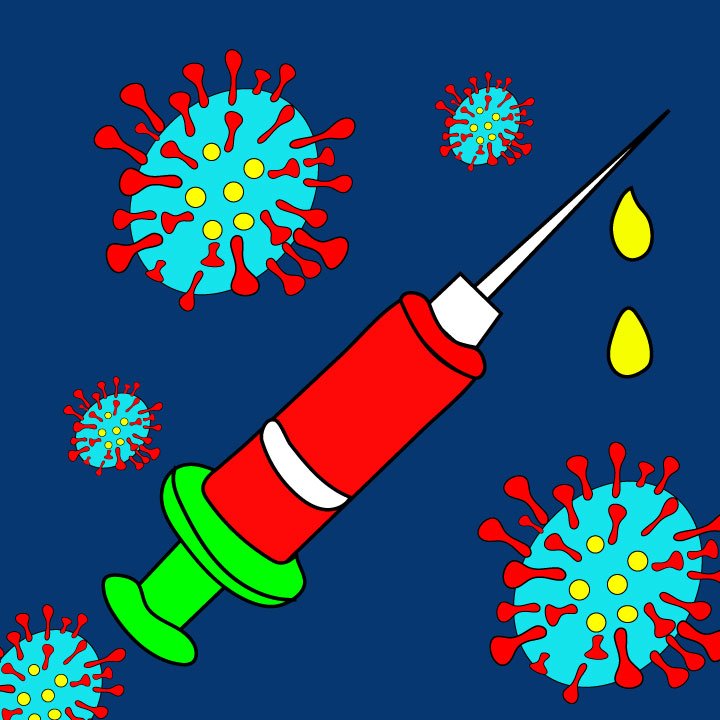We know how a pandemic is supposed to end: we make sacrifices in our daily lives to support a ‘war’ on the pathogen, until medical science deploys a magic bullet to vanquish the invisible enemy. This is a comforting story, but it hasn’t ever happened yet.
New Pandemics, Old Politics explores how the modern world adopted a martial script to deal with epidemic disease threats, and how this has failed—repeatedly. Europe first declared ‘war’ on cholera in the 19th century. It didn’t defeat the disease but it served purposes of state and empire. In 1918, influenza emerged from a real war and swept the world unchecked by either policy or medicine. The biggest pandemic of the century defied the script and was scrubbed from history. Forty years ago, AIDS challenged the confidence of medical science. AIDS is still with us, but we have learned to live with it—chiefly because of community activism and emancipatory politics.
Today, public health experts and political leaders who failed to listen to them agree on one thing: that we must ‘fight’ Covid-19. There’s a consensus that we must target individual pathogens and suppress them—and not address the reasons why our societies are so vulnerable. Arguing that this consensus is mistaken, Alex de Waal makes the case for a new democratic public health for the Anthropocene.
Alex de Waal is Executive Director of the World Peace Foundation, a Research Professor at The Fletcher School at Tuft’s University, and a professorial fellow at the London School of Economics. Over more than 30 years of research, publication, and advocacy, he has pioneered new ways of thinking about famine and humanitarianism, armed conflict and peacemaking, and epidemic disease.






